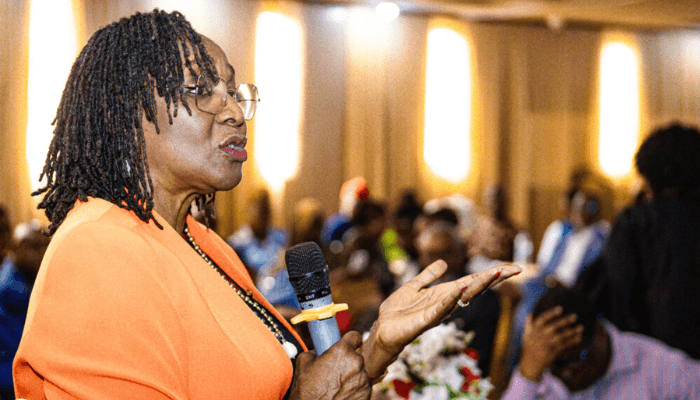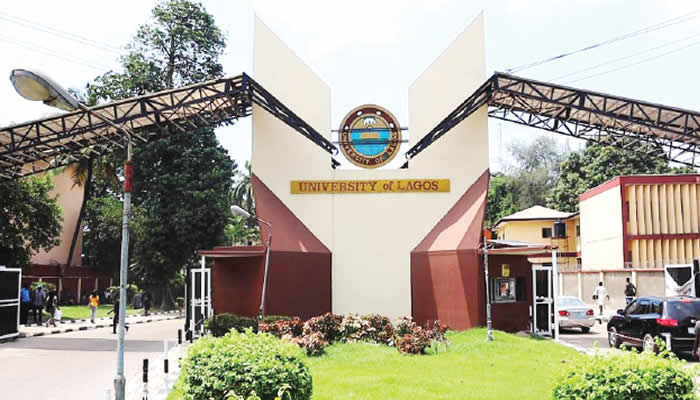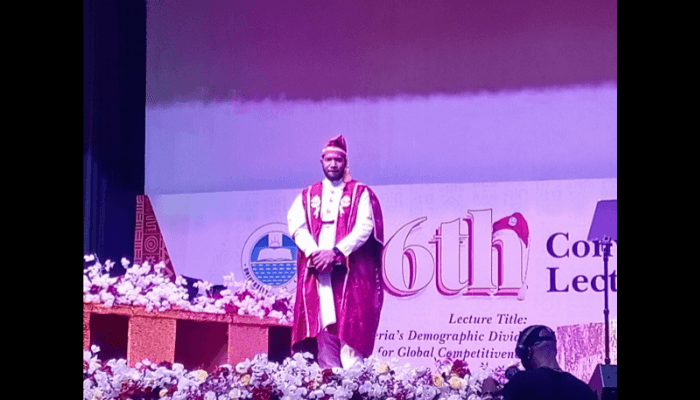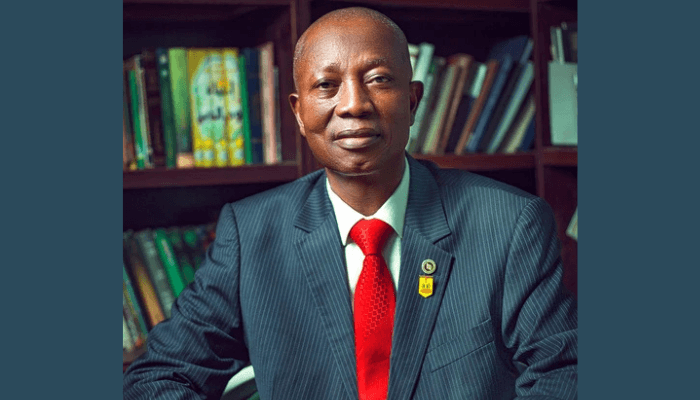Quality education through an improved curriculum would give millions of recipients skills to rise out of poverty, improve their status, mobility and decision making which will in turn propel national and regional development while its failure may likely result to social, political and economic crises in the nearest future.
Education analysts say tertiary education in Nigeria has been the worst hit by successive governments in terms of effective management, quality control and provision of adequate quality resources for effective teaching and learning. For Nigeria to stay relevant in the 21st century knowledge economy higher education is critical.
Tertiary education is facing a number of challenges, “in 1989 we had less than a hundred students for most courses. Today, for the same courses we sometimes have between 500 and 900 students, but carrying capacity has not increased. This is a big challenge because it adversely affects the teaching and learning experience on these campuses,” says Cecilia Oladapo, professor of education and head of department adult education, University of Lagos.
Ibidapo Obe, vice chancellor, Federal University Ndufu-Alike, Ikwo in response to this challenge opines that education managers need to push on with an increased support from Government at all levels to contribute to the development of infrastructure in the universities.
Obe observed that the education system is in a dire strait and requires a drastic rescue such that every organisation should have a special CSR for Education. “We have the bright and brilliant young minds that can easily pull us to the driving seat of the knowledge revolution but they need to be enabled! One of the early fruits will come from entrepreneurial education as part and parcel of our general curriculum in the university”
“Whatever you teach must be demonstrable and applicable to our day-to-day living. When I survey the positions that our young ones are occupying in the United States and Europe and the impact that these young chaps are making on their resident economies; I have confidence that a transformation is latent if we can enable our youths here in Nigeria and Nigeria will be happier for it,” Obe said.
On his part, Peter Okebukola, chairman, Crawford University governing council and former executive secretary of the National Universities Commission (NUC) outlines concrete steps to realise the above objective.
In his summation, Okebukola recommends that government embark on massive upgrading of physical facilities in existing universities to take in at least additional 1,000 students per year stressing that this will involve more classrooms, hostels, laboratories, workshops, library and offices.
“Staff recruitment should be undertaken in the quantity and quality to match the annual growth in student enrolment. Hence, with successful scaling of NUC due diligence on the expanded facilities and increased human resources, carrying capacity is increased to 1000. The university can, thereafter, proceed to enrol additional 1000 students during the next admission season” he said.
The university don insist that in ten years, a typical university would have added about 10,000 students to its baseline stock. “In terms of cost per university, this option translates to an annual average of N1.6 billion for building, equipment and staffing. In ten years, each university will require at least N10.6 billion for the expansion project”
“The long and short of the story is that if we desire 10 percent annual increase in enrolment in the nation’s 141 public and private universities, we will require N1,494.6billion (about N1.5 trillion) in ten years. Of this sum, the 40 federal universities will require N424 billion while the 40 State universities will require the same amount. The remaining N646.6 billion will have to be sourced by private universities from their proprietors” he said.
He further disclosed that having added about one million spaces in ten years through the expansion project of existing universities, the next component of the plan is to add 300,000 more spaces through a gradual increase in the number of universities. “A few additional universities can be licensed in the next five years by NUC, some to emerge from upgrades of selected polytechnics and colleges of education to degree-awarding institutions”.
“The last component is to strengthen the National Open University of Nigeria to be able to take in many more eligible students in the region of about 1, 200,000 in ten years. Last month the Vice-Chancellor of NOUN confirmed enrolment of about 240,000 students. Thus, in ten years, the Nigerian university system would have expanded to almost triple its present enrolment capacity. This will put a smile on the faces of seekers of university admission and bolster the country’s higher education participation rate.” the university don suggested.
STEPHEN ONYEKWELU











